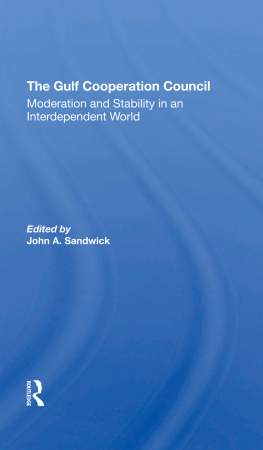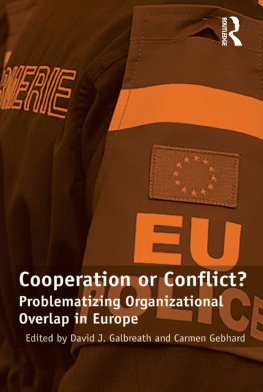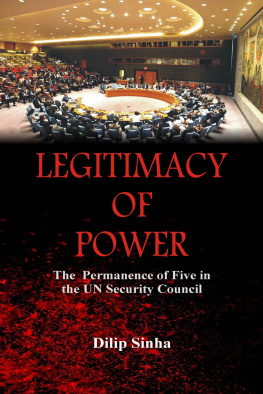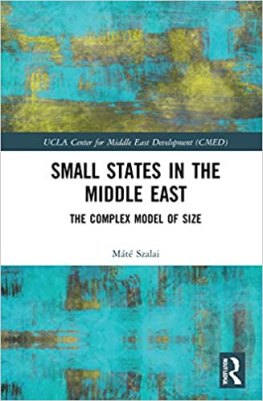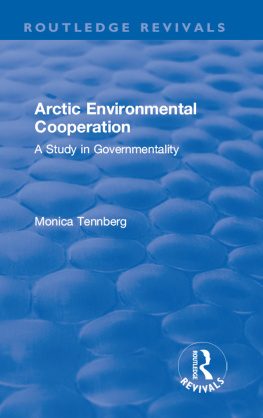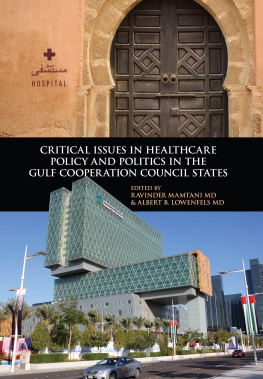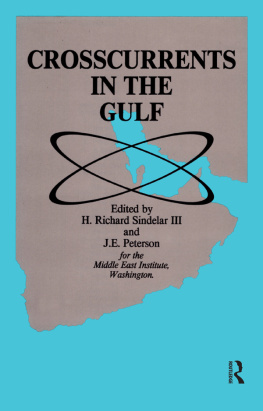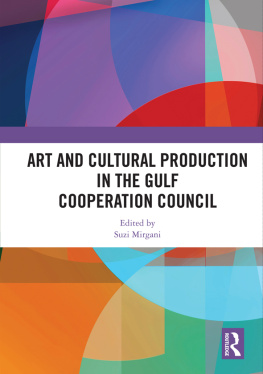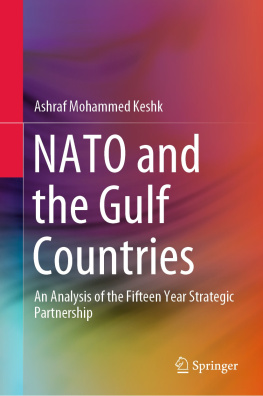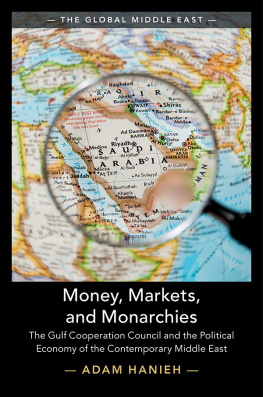The Gulf Cooperation Council
About the Book and Editor
The Gulf Cooperation Council represents both a model of development and unity in the Arab world and a working example of interstate cooperation to other nations. In this volume, contributors describe the rationale for Gulf unity and cooperation and analyze the financial, economic, and legal institutions of the GCC member states (Saudi Arabia, Kuwait, the United Arab Emirates, Oman, Bahrain, and Qatar). They focus on the GCC's role in maintaining stability in the Arabian peninsula, an area that is clearly vital to U.S. interests.
Contributors pinpoint the essential elements of GCC unity, including its efforts to obtain optimum economic self-sufficiency, to maximize market share and revenue from oil production, and to establish an integrated legal framework. The GCC's unique security needs, given the member states' vast combined area and thinly spread populations, are also discussed. An overview of the strategic interests and policies of both superpowers toward the region reveals a history of decline in their influence and prestige that is a result, it is argued, of misperceptions and misguided policies. Finally, documentation and bibliographic sections enhance the book's usefulness as a handbook on the GCC and the Arabian Gulf states.
John A. Sandwick is director of development at the American-Arab Affairs Council.
The Gulf Cooperation Council
Moderation and Stability in an Interdependent World
edited by John A. Sandwick
Foreword by George McGovern
First published 1987 by Westview Press
Published 2019 by Routledge
52 Vanderbilt Avenue, New York, NY 10017
2 Park Square, Milton Park, Abingdon, Oxon OX14 4RN
Routledge is an imprint of the Taylor & Francis Group, an informa business
Copyright 1987 by the American-Arab Affairs Council
All rights reserved. No part of this book may be reprinted or reproduced or utilised in any form or by any electronic, mechanical, or other means, now known or hereafter invented including photocopying and recording, or in any information storage or retrieval system, without permission in writing from the publishers.
Notice:
Product or corporate names may be trademarks or registered trademarks, and are used only for identification and explanation without intent to infringe.
Library of Congress Cataloging-in-Publication Data
The Gulf Cooperation Council.
Bibliography: p.
Includes index.
1. Majlis al-Tawun li-Duwal al-Kalj al-Arabyah.
I. Sandwick, John A.
DS201.G85 1987 953'.6 86-34003
ISBN 13: 978-0-367-29273-7 (hbk)
George McGovern
The Hon. George McGovern served as a U.S. Senator from 1963 to 1981. He served on the Senate Foreign Relations Committee and was chairman of its sub-committees on African Affairs and the Middle East. In 1972, Senator McGovern was the Democratic nominee for President.
The mere attempt at close cooperation between states is a difficult and remarkable undertaking which deserves respectful consideration, as the obstacles are so often insurmountable. The strength born of unity is a concept the founders of the United States of America set forth in documents which have become sacred texts. Begun in revolution and tested in the crucible of an agonizing civil war, the idea of union became the core of American historical experience. Few would deny the benefits which such unity has spawned.
The recent cooperative effort among sovereign states to which this book is devoted involves Saudi Arabia, Kuwait, the United Arab Emirates, Oman, Bahrain and Qatar, which in 1981 formed the Cooperation Council for the Arab States of the Gulf, the GCC. They have a natural affinity, sharing close proximity and a common language and religion. With combined resources perhaps unique in the world, they should be able to expect a bright future of economic and political success. They are located, however, in an area where conflicts begun in the distant past as well as those of contemporary origin continue to play themselves out, threatening the stability of the entire region.
There is every reason for the United States to support and encourage moderating and stabilizing influences in the Middle East. American national interests coincide in this instance with the cause of peace and justice as defined by international consensus. Primary U.S. policy goals include ensuring open exchange of goods and services and limiting the intrusion into the affairs of the region by coercive power, from whatever source. The Gulf countries' unity enables them to take more responsibility for the political arrangements in the region.
It was thought by many analysts when the Iranian revolution began that it would spread throughout the Middle East, destabilizing the Gulf region. This worst-case outcome did not materialize, in large part due to the stability of states thought to be internally divided and weak. That Iraq and the Gulf states did not roll over when faced with Islamic fundamentalism indicates a vigor of national resolve and a resistance to extremism for which they were given little credit in 1979 and which their unity helped them achieve.
The governments of the moderate states of the Gulf have responded to challenges of leadership much as have the industrialized democraciesthrough commonly agreed-upon principles, traditional practice and continuous reassessment of national interests. The evolution of thought that has taken place over the past decade among Gulf leaders in light of changed economic and political circumstances has been achieved through a consensus which has fostered legitimacy and stability.
It is clear that the interests of the GCC countries largely coincide with those of the United States. Paradoxically, U.S. reluctance to continue to sell defensive weapons to these states implies a naive belief that Arab countries should forego basic efforts to protect their own sovereignty. It is the strength and autonomy which have sustained the GCC since its inception at the beginning of the Gulf war that make possible the free flow of commerce and the resistance to outside intervention which are the minimal objectives of U.S. policy in the region.
The GCC states' desire for independence should strike a responsive chord among Americans, former colonials who have revered the idea of freedom for more than 200 years. But another idea whose time has finally come in the small, tightly integrated world of the late twentieth century is that of interdependence, whereby members of the international system all play essential roles. This book provides a basis for understanding the role of the GCC in that system. It is to be hoped that American leaders, aware of their own fundamental interests in the Middle East, will act to formulate rational policies to ensure those interests before the leaders of the area, in frustration, become disillusioned with their natural ally and look elsewhere for more productive relationships.
The Gulf Cooperation Council
John A. Sandwick
Mr. Sandwick is the Director of Development at the American-Arab Affairs Council.
That many American policymakers, strategists and corporate planners have not yet had access to any single collection of analyses and resource material on the GCC states contributes to a general misunderstanding of the region. In the interest of filling this gap, the American-Arab Affairs Council and Westview Press have published The Gulf Cooperation Council: Moderation and Stability in an Interdependent World. As the title implies, the purpose of the book is to examine the GCC's contribution to a region clearly vital to U.S. interests. In many ways, its member states' interests frequently coincide with those of the United States in the international system.


